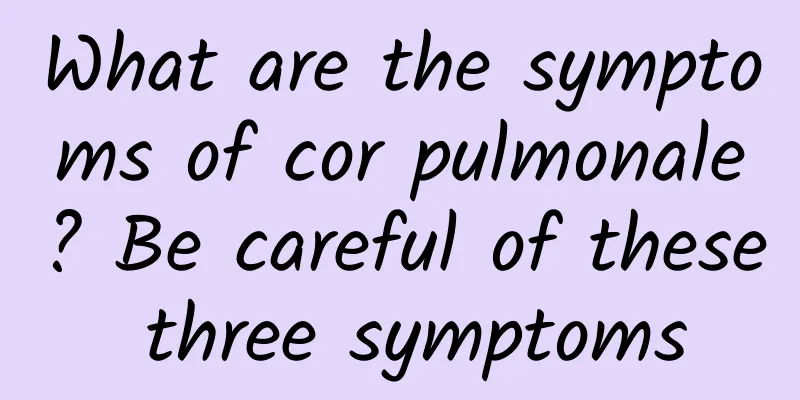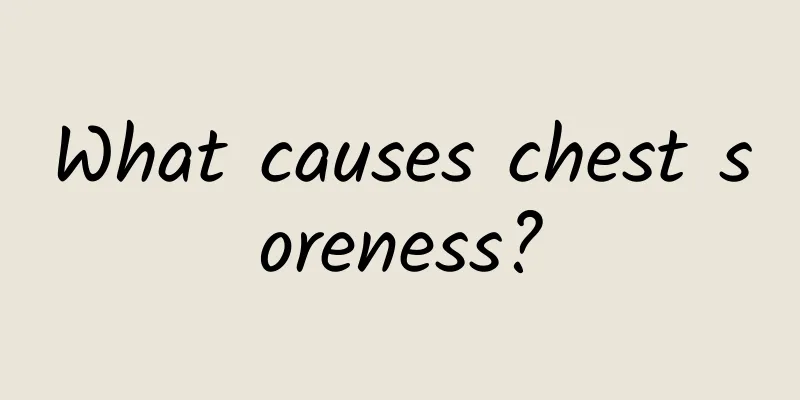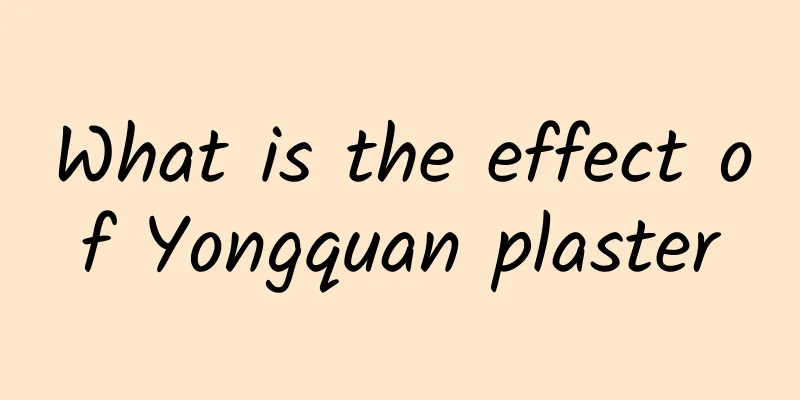What are the symptoms of cor pulmonale? Be careful of these three symptoms

|
Symptoms of cor pulmonale can manifest in different aspects, such as respiratory symptoms. Patients may experience severe coughing, excessive sputum, chest tightness and shortness of breath, and in severe cases, may even cause heart failure. 1. Primary respiratory symptoms: Chronic bronchitis and emphysema are the main causes of cor pulmonale. In the early stages of cor pulmonale, cough, sputum and shortness of breath are the main symptoms. During the cold season, the disease is prone to acute attacks, with more severe coughs, increased sputum volume and yellow sputum. After the acute attack is controlled, the patient enters the remission period, during which the cough is relieved, the amount of sputum is reduced, and the sputum turns from yellow to white and becomes thinner. As the disease progresses and the degree of emphysema worsens, clinical symptoms of shortness of breath gradually appear. Initially, shortness of breath is felt only when the amount of activity is large, and endurance decreases during work. Gradually, shortness of breath symptoms occur after even the slightest activity in daily life. In severe cases, shortness of breath may be felt even when sitting still or lying down. In severe cases of dyspnea, the patient is forced to sit up, which is called orthopnea. 2. Symptoms of respiratory failure: Respiratory failure is mainly caused by severe hypoxia and carbon dioxide retention and is a late manifestation of pulmonary insufficiency. Generally speaking, cor pulmonale first presents with hypoxia, followed by carbon dioxide retention. The symptoms of the two often overlap, and eventually they appear together. The main symptoms of chronic hypoxia are: shortness of breath, chest tightness, palpitations, loss of appetite, fatigue, and cyanosis; there are usually no symptoms in the early stages of carbon dioxide retention, but when the partial pressure of carbon dioxide exceeds 60 mmHg, most people first have signs such as head swelling, headache, and sweating, followed by neurological symptoms, often insomnia at night, daytime drowsiness, and hallucinations, trance and other prodromal symptoms of pulmonary encephalopathy. 3. Symptoms of heart failure: The main symptoms are right heart failure, with early manifestations including cough, shortness of breath, palpitations, and mild edema of the lower limbs and ankles. When right heart failure worsens, obvious breathing difficulties, oliguria, upper abdominal distension and pain, loss of appetite, nausea, vomiting and other digestive tract symptoms gradually appear; the heart rate continues to increase, cyanosis, liver enlargement and general edema also worsen, and ascites may be seen. |
<<: How to deal with edema caused by cor pulmonale? Try drinking this
>>: What are spider nevi? Causes of spider veins
Recommend
Peppermint watch oil
I don’t know if you have heard of peppermint watc...
Umbilical cord blood sampling
I don’t know if all pregnant women have done umbi...
Suitable temperature and humidity for human body
It is not that people are very comfortable stayin...
What are the nutritional values of bee pollen
The so-called bee pollen is the pollen cluster br...
These are all danger signs of brain tumors, you need to know!
Unexplained headaches, nausea and vomiting, numbn...
What is the symptom of numbness in the upper lip?
Traditional Chinese medicine believes that the hu...
Cystitis diet
As the name suggests, cystitis is an inflammation...
Correct sleeping position for pregnant women, solutions to poor sleeping habits for pregnant women
For pregnant women, they need to take protective ...
What are the symptoms of insufficient blood flow to the brain? How to treat cerebral ischemia?
Many people will experience dizziness in their li...
Early symptoms of hemiplegia
Hemiplegia is quite common in life, especially in...
Reactions after moxibustion at Zusanli
In daily life, moxibustion is very familiar to ev...
Chronic conjunctivitis
Conjunctivitis is already a very common eye disea...
Honeysuckle is effective in treating pharyngitis
There are many causes of pharyngitis, and this di...
What should I do if my fingers are swollen and painful due to rheumatoid arthritis?
Rheumatoid arthritis is also known as rheumatoid ...
Confinement will cause tinnitus
Due to anemia caused by excessive blood loss duri...









